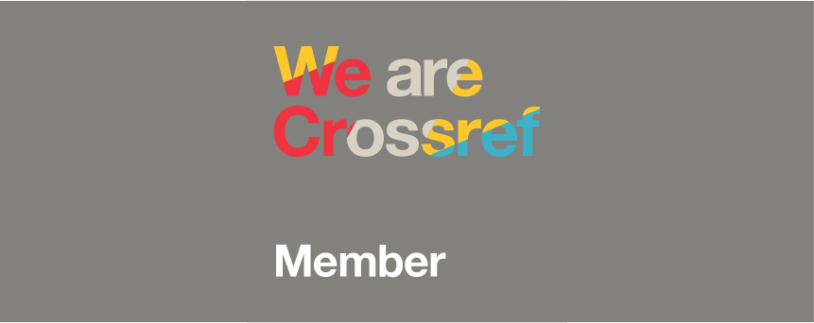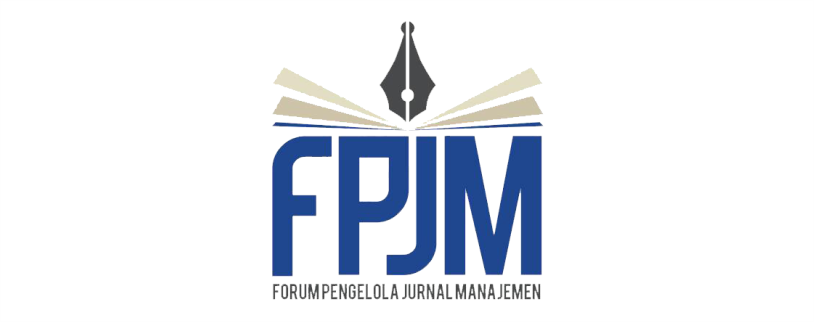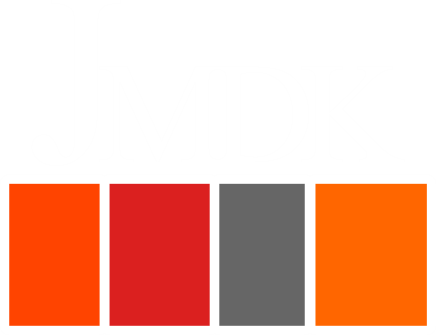Perilaku Pengguna dan Informasi Hoax di Media Sosial
DOI:
https://doi.org/10.26905/jmdk.v5i1.1342Keywords:
user behavior, hoax information, social mediaAbstract
User behavior in sosial media and hoax information are an interesting phenomenon today. Social media is the most effective medium in Hoax's acceptance and dissemination of information. Various backgrounds of user behavior becomes one of the factors that make it easier for them to disseminate information without going through the verification process. Research method uses a qualitative descriptive method with research object of civitas academic environment of President University. The results show the behavior of social media users in responding Hoax information is quite diverse with a variety of user backgrounds. Users understand the Hoax information and impacts that arise after disseminating the information. The main reason the users spread the information Hoax is to influence the opinions/ attitudes of others. The other reason is to become a viral Social media users also understand that Hoax information can divide the nation. To inhibit the dissemination of hoax information, the role of government and parents is needed as well as the literacy/education of social media usage so that user behavior will be wise in responding to all information received.
Â
https://doi.org/10.26905/jmdk.v5i1.1342
Downloads
References
Andreas M Kaplan, & Michael Haenlein. (2010). Users of the World, Unite! The Challenges and Opportunities of Social Media. Business Horizons, 53, hlm 59-68.
Buente W ,dan Robbin A. 2008. “Trends in Internet Information Behavior: 2000-2004â€.
Journal of the American Society for Information Science. Amerika Serikat [US]
Caleb T. Carr dan Rebecca A. Hayes (2015), Social Media: Defining, Developing, and Divining, Atlantic Journal of Communication , Volume 23, 2015
Convelo G. Cevilla, 1993, Pengantar Metode Penelitian, Universitas Indonesia, Jakarta
Choo, C. W., Detlor, B., & Turnbull, D. (1999). Information Seeking on the Web–An Integrated Model of Browsing and Searching. ASIS Annual Meeting, 5(2), 1–15. https://doi.org/10.5210/fm. v5i2.729
Chordhry, A. ,2017,. Facebook Launches A New Tool That Combats Fake News. Retrieved May 4, 2017, from https://www.forbes.com/sites/amitchowdhry/2017/03/05/facebook-fake-news-tool/#460b19677ec1
Floridi, L, 2010, The Cambridge Handbook of Information and Computer Ethics. Cambridge: Cambridge University Press.
Harley, D, 2008. Common Hoaxes and Chain Letters. San Diego: ESET, LLC
Jamaludin, F, 2016, . 773 ribu situs diblokir Kemkominfo setahun, pornografi paling banyak. Merdeka.com. Retrieved from https://www.merdeka.com/teknologi/773-ribu-situs-diblokir-kemkominfo-setahun-pornografi-paling-banyak.html
Jan H. Kietzmann, etl ,2011, Social media? Get serious! Understanding the functional building blocks of social media, Business Horizons 54, 241—251
Kotler, Philip, dan Kevin Lane Keller, 2009. Manajemen Pemasaran Jilid 1, edisi Ketiga Belas, Terjemahan Bob Sabran, MM. Penerbit Erlangga, Jakarta
Lazonder, A. W., Biemans, H. J. a, & Wopereis, I. G. J. H., 2000,. Differences between novice and experienced users in search information on the World Wide Web. https://doi.org/10.1002/(sici)1097-4571(2000)51:6<576::aid-asi9>3.0.co;2-7
Pooter, J. W. ,2011,. Media literacy (7th ed.). California: SAGE. https://doi.org/ 10.1332/policypress/9781847424396.003.0018
P.N. Howard dan M.R Parks, 2012, American Behavioral Scientist, Vol. 45 No. 3, November 2001 383-404
Pratama, A. B. ,2016, Ada 800 Ribu Situs Penyebar Hoax di Indonesia. CNN Indonesia. Retrieved from http://www.cnnindonesia.com/teknologi/20161229170130-185-182956/ada-800-ribu-situs-penyebar-hoax-di-indonesia/
Respati, S. ,2017, Mengapa Banyak Orang Mudah Percaya Berita “Hoax� Kompas.com. Retrieved from http://nasional.kompas.com/read/2017/01/23/18181951/mengapa.banyak.orang.mudah.percaya.berita.hoax.
Rochimah, T. H. ,2011,. Gerakan Literasi Media: Melindungi Anak-Anak dari Gempuran Pengaruh Media. In D. Herlina, Gerakan Literasi Media Indonesia (pp. 18-36). Yogyakarta: Rumah Sinema.
Setiawan, A. B. ,2012, Penanggulangan Dampak Negatif Akses Internet Di Pondok Pesantren Melalui Program Internet Sehat Overcoming Negative Impact of Internet Access in Pondok Pesantren Through Healhty Internet Program.
Sholihuddin, M. (n.d.). Pengaruh Kompetisi Individu (Individual Competence) Terhadap Literasi Media Internet Di Kalangan Santri. Unair. https://www. merriam-webster. com)
Downloads
Published
Issue
Section
License
Authors who publish with this journal agree to the following terms:
(1)Â Copyright of the published articles will be transferred to the journal as the publisher of the manuscripts. Therefore, the author confirms that the copyright has been managed by the journal.
(2) Publisher of Jurnal Penelitian is University of Merdeka Malang.
(3) The copyright follows Creative Commons Attribution–ShareAlike License (CC BY SA): This license allows to Share — copy and redistribute the material in any medium or format, Adapt — remix, transform, and build upon the material, for any purpose, even commercially.












